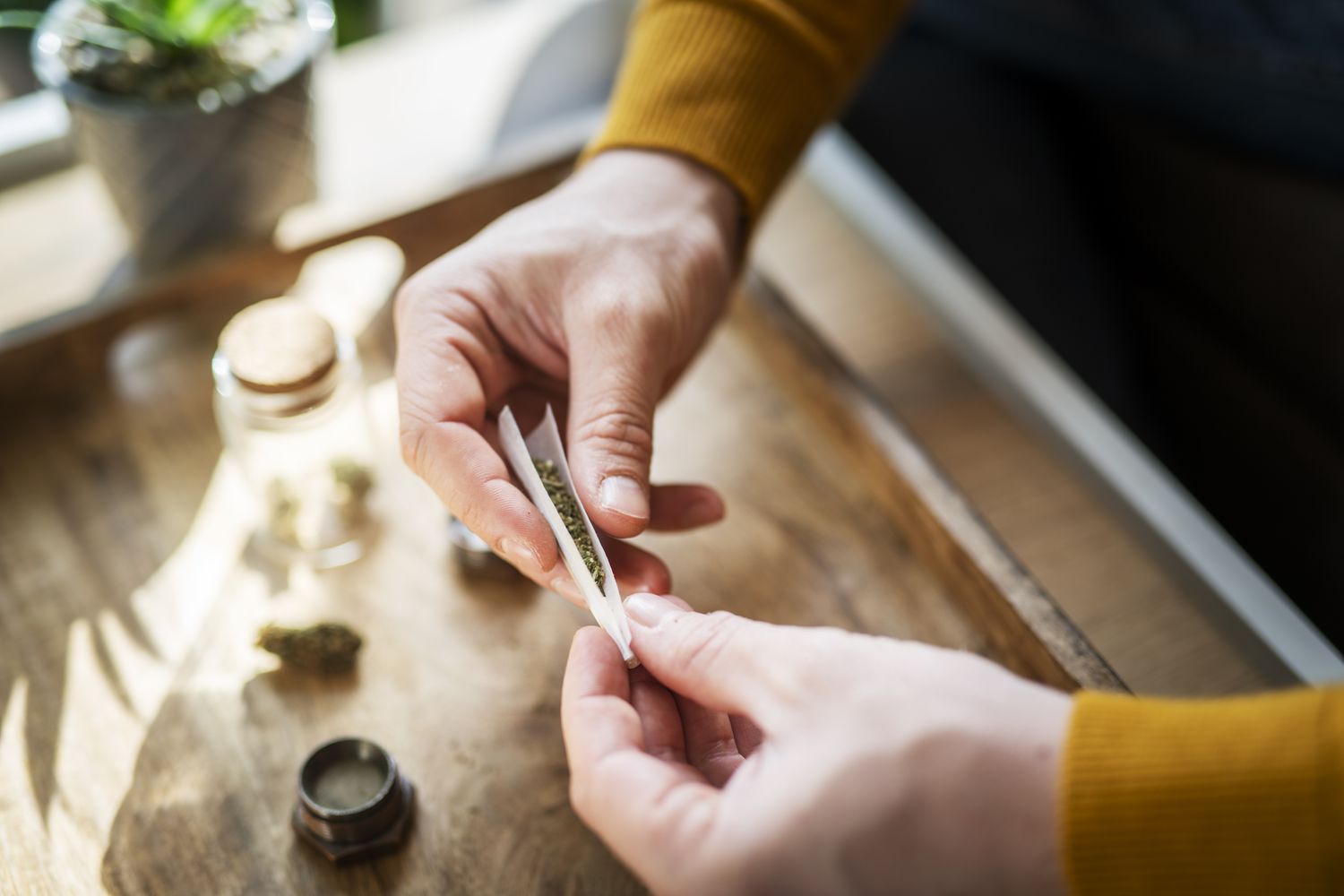New Study Reveals Cannabis Use Associated with Increased Severity of COVID-19 Infections – Discover the Reasons Behind It

A new study found cannabis use is linked to an increased risk of serious illness from COVID, contradicting earlier evidence that suggested it could have protective effects.
The research, published in June in JAMA Network Open, included data from over 72,000 patients who had been diagnosed with COVID. The study authors found that people were more likely to be hospitalized or admitted to the intensive care unit (ICU) for COVID if they were current cannabis users.
There are still a lot of unknowns when it comes to the health impacts of cannabis use, particularly when it comes to infectious disease, said the study’s lead author, Li-Shiun Chen, MD, ScD, MPH, professor of psychiatry at Washington University School of Medicine in St. Louis.
“We always want to learn from existing research and build on it,” Chen told Health.
Cannabis first became legal for recreational use in Colorado over a decade ago, and since then, 24 states have followed suit. A 2024 national survey found that almost 18 million American adults report daily or near-daily marijuana use, as compared to 14 million who said the same about alcohol. It’s the first time daily marijuana use has surpassed daily drinking in the U.S.
“We need to continue to monitor and track how substance use is affecting our health, not just when we are healthy, but [also] when we have an infection,” Chen said.
To examine how substance use might affect infection severity, Chen and her team looked at electronic health records of 72,501 patients who tested positive for COVID at a large academic medical center between February 2020 and January 2022.
Those included in the study had an average age of 49, and about 60% were women.
In addition to providing information on COVID outcomes, these health records also indicated whether someone currently smoked tobacco or had in the past and if they currently used cannabis. However, the records didn’t specify how someone used cannabis (for example, if they smoked marijuana or consumed edibles). About 7,000 people were current cannabis users.
After adjusting for tobacco smoking status, vaccination status, and known comorbidities such as obesity, diabetes, and cardiovascular disease, researchers found that cannabis use appeared to be associated with more severe COVID infections.
Specifically, cannabis users had an 80% greater risk of being hospitalized with COVID and a 27% greater risk of being sent to the ICU. However, this group did not see an increased all-cause mortality risk.
“Compared to tobacco and alcohol, cannabis has been generally seen as not being very harmful,” said Chen. “But even after you adjust for tobacco use, you see this pretty substantial parallel effect with cannabis.”
Chen and her team also found that current tobacco smokers with COVID had a higher risk of mortality, ICU admission, and hospitalization.
Some patients reported other substance use, including alcohol use disorder in the last three years and vaping. However, since both are known to be severely under-reported during healthcare visits, the study couldn’t gauge how alcohol use disorders or vaping might contribute to COVID severity, Chen noted.
The cannabis plant contains more than 500 chemical substances, the most well-known being cannabidiol (CBD) and tetrahydrocannabinol (THC).
A huge challenge is determining what effect, if any, each of these chemicals has on health and whether those effects might be positive or negative, Chen explained.
She said this research provides a jumping-off point for experts to further investigate how cannabis compounds, consumption methods, and other factors affect disease severity. But the path isn’t straightforward, especially when “cannabis doesn’t affect everyone in the same way,” she said.
“We want to keep an open mind about cannabis use and its potential health impacts,” Chen explained. “We know the story about alcohol. Many years ago it was thought to be only bad, but then some research showed that certain levels are good for you, and now more research has shown no amount is good for you. It took a long time for people to learn and look at data from many sources.”
Like alcohol use, research on cannabis use is mixed—Chen’s study contradicts previous findings on cannabis use and the severity of COVID infections.
A study published in 2022 linked cannabis use with lower COVID infection severity among hospitalized people. In that study, about 4% of patients were active cannabis users, compared to about 10% in the new study.
The disconnect could be explained by the fact that this 2022 research focused on hospitalized patients.
Among people who smoke any substance, doctors will often see improvements after they’re hospitalized, said Panagis Galiatsatos, MD, pulmonary and critical care medicine physician at Johns Hopkins Medicine, who was not involved with either study.
This phenomenon could be attributed to the fact that these patients aren’t smoking while they’re in the hospital, which gives their lungs a chance to focus on healing and clearing the infection, Galiatsatos told Health.




